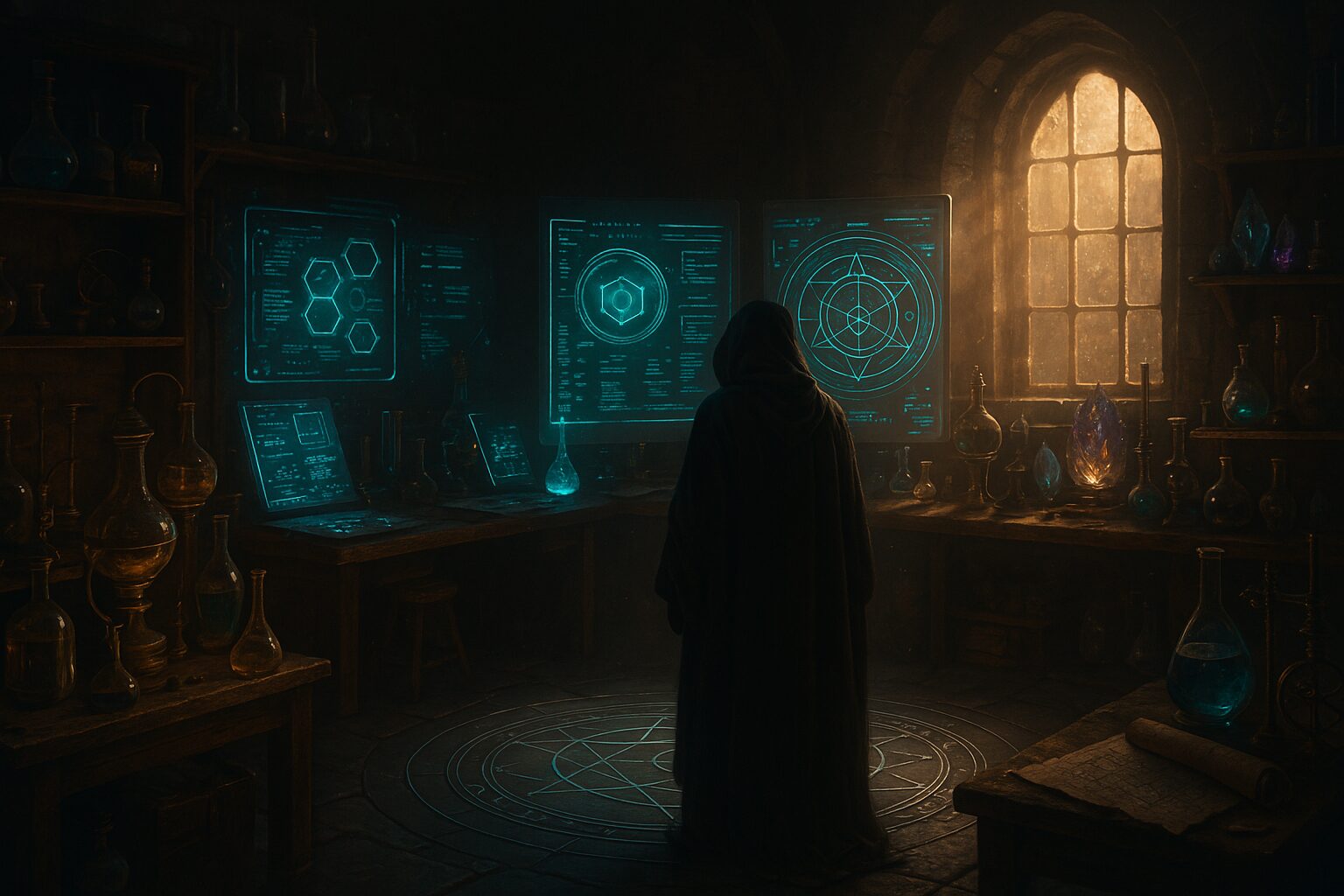Introduction: The Eternal Pursuit of Transformation
Throughout history, alchemy has been synonymous with the pursuit of ultimate transformation—whether it be turning base metals into gold or discovering the elixir of life. However, alchemy is much more than the search for material wealth or immortality. It is a spiritual discipline that embodies the process of profound internal change. As Carl Jung once said:
“Alchemy is the ‘philosophical’ science of the soul’s development.”
In today’s modern world, the teachings of alchemy resonate with individuals seeking a deeper understanding of themselves and the mysteries of existence.
Alchemy: A Process of Personal Transformation
At its core, alchemy is about transformation—specifically, the transformation of the self. Just as an alchemist might strive to turn lead into gold, modern practitioners of alchemy aim to transform their own base instincts into something more refined.
This personal alchemy is a process of:
- Growth
- Purification
- Transcendence
The ancient alchemists understood that this process was not just physical but spiritual. As Paracelsus, a famous alchemist, wisely stated:
“The greatest medicine of all is a change of the inner life.”
To them, the transformation of matter mirrored the purification of the soul.
The Stages of Alchemical Transformation
The practice of alchemy involves several stages, often symbolized by colors, such as:
- Blackening (Nigredo)
- Whitening (Albedo)
- Reddening (Rubedo)
Each color represents a stage in the transformation process, and in the modern context, these stages can be interpreted as stages of personal development:
- Confronting the shadow (Nigredo)
- Finding clarity and enlightenment (Albedo)
- Achieving spiritual wholeness (Rubedo)
Jung on Alchemy and the Self:
As Jung noted in his work on alchemy:
“The alchemical process symbolizes the process of individuation, the achievement of the Self.”
These stages mirror the psychological processes of:
- Confronting inner darkness
- Seeking enlightenment
- Achieving integration
Modern Alchemy: A Spiritual Practice for the 21st Century
While modern alchemists are not mixing potions in laboratories, they engage in practices such as:
- Meditation
- Mindfulness
- Self-reflection
- Ritual
These practices are designed to unlock hidden potential, catalyzing personal growth and spiritual awakening.
The Modern Alchemist’s Wealth
While ancient alchemists sought physical “gold”, today’s alchemists aim to cultivate a more profound and lasting form of wealth—the transformation of the self into a higher, more conscious being. As Jean Dubuis, the alchemist and philosopher, wrote:
“Alchemy is not the transformation of material substances but the transformation of the alchemist himself.”
Alchemy and Modern Psychology: A Path to Self-Improvement
By integrating the ancient teachings of alchemy with modern psychological principles, individuals can embark on a personal journey of self-improvement. This quest is not just about achieving external success or material wealth, but about attaining a deeper connection with one’s true essence and purpose in life.
As we navigate a rapidly changing world, the ancient wisdom of alchemy offers a powerful framework for understanding and achieving personal transformation in the 21st century.
Conclusion: The Path to Inner Gold
Ultimately, alchemy teaches us that transformation is possible—that we have the ability to refine ourselves and transcend the limitations of our past.
Just as the alchemists sought the Philosopher’s Stone—the key to eternal life and spiritual enlightenment—we too can find our own path to inner gold. This journey begins with a single step: the willingness to transform.
As the ancient alchemist reminds us:
“What you seek is seeking you.”
